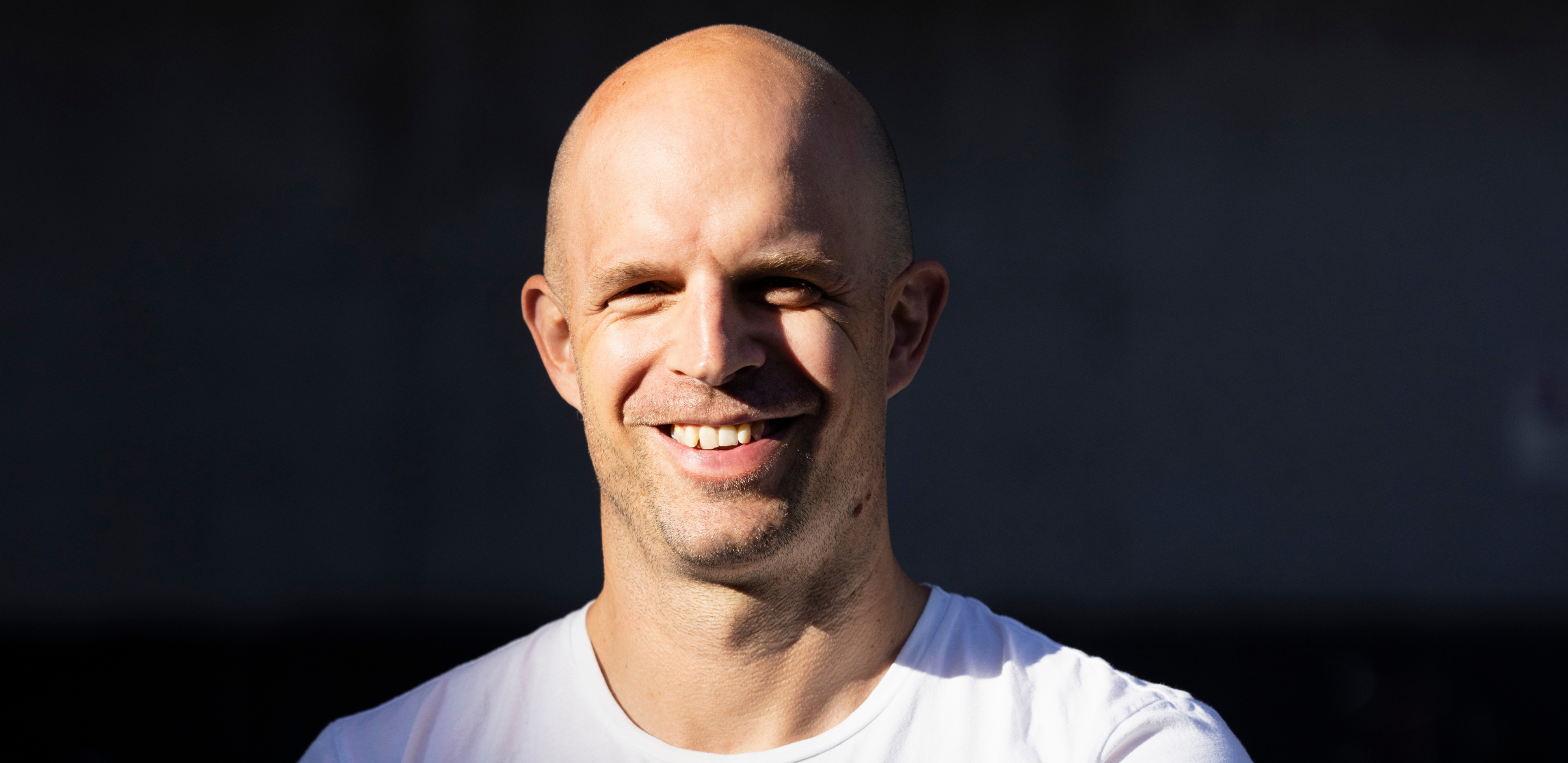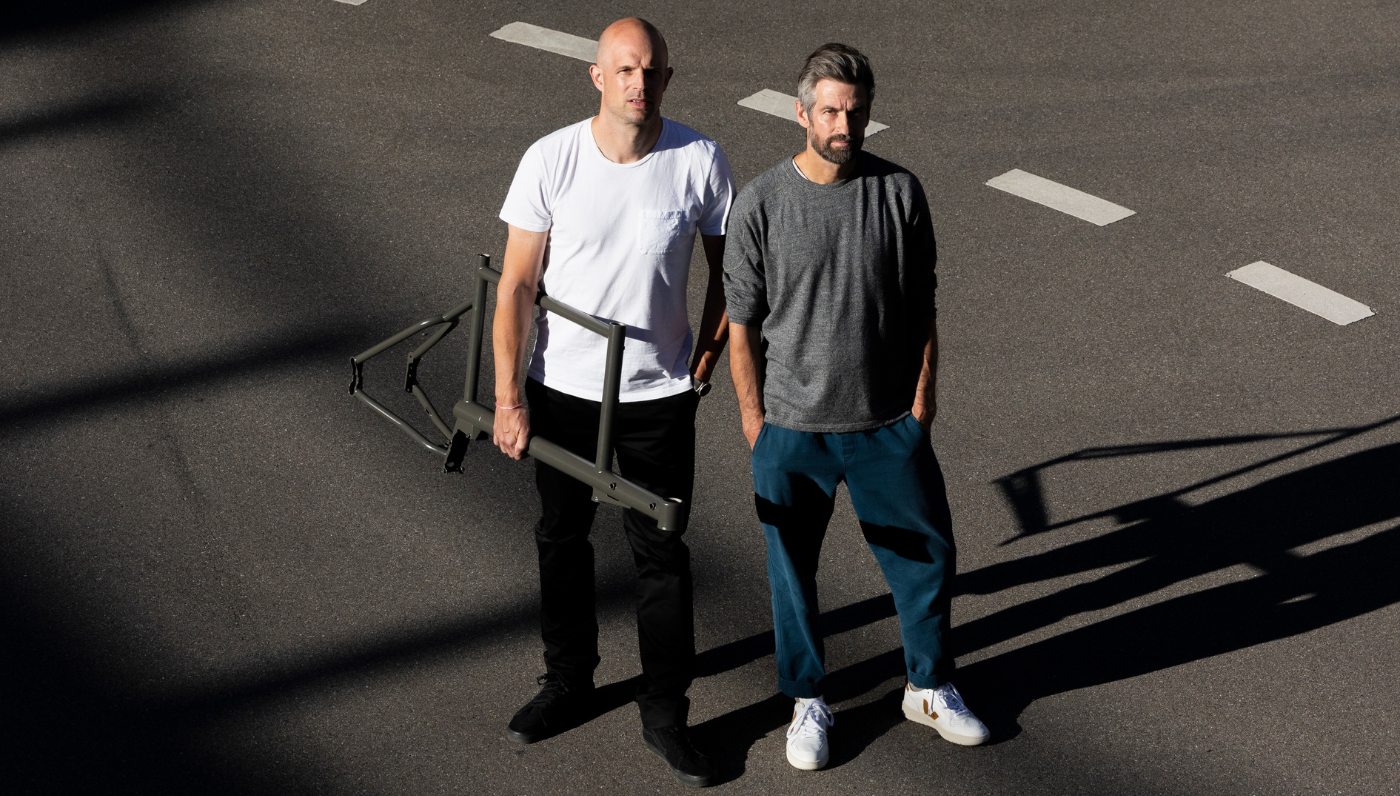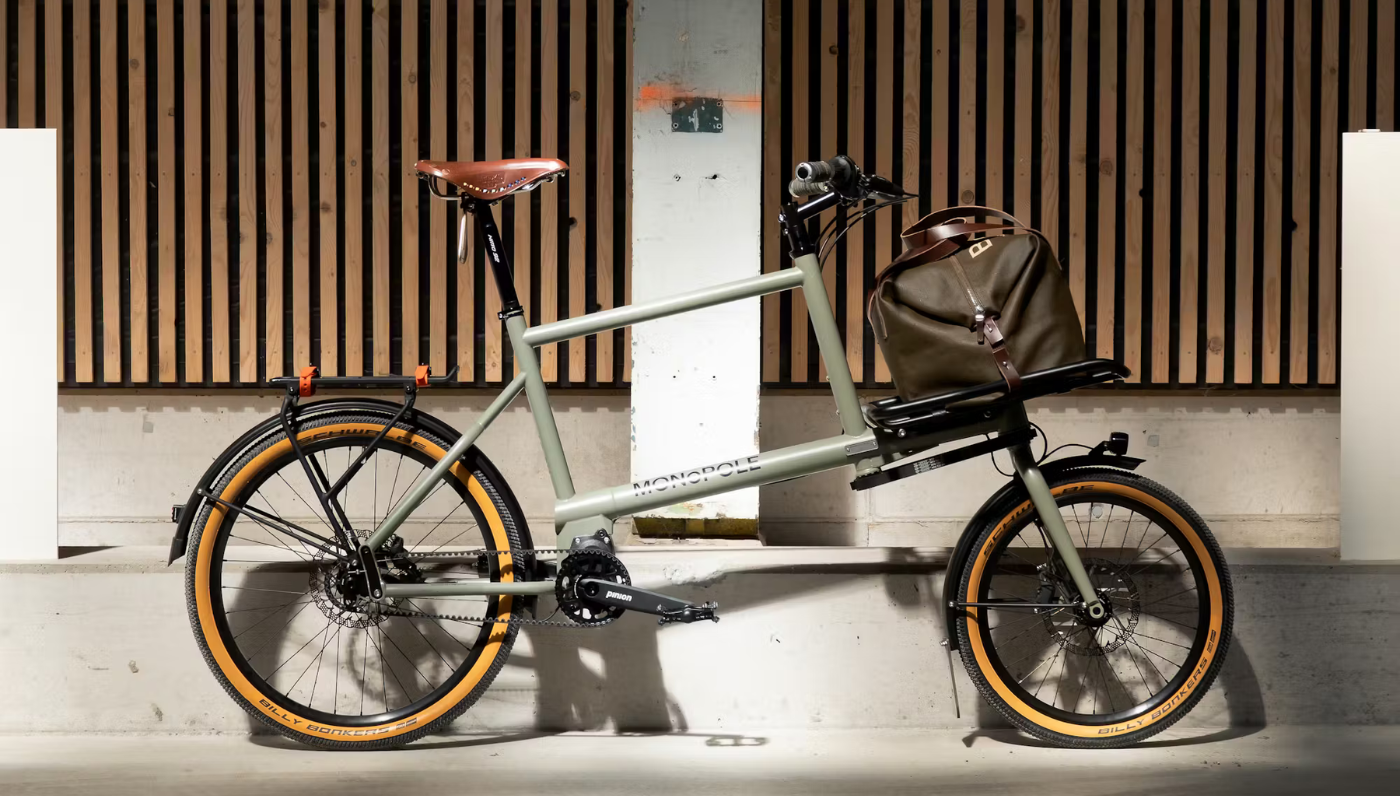
I didn’t discover MONoPOLE in the traditional way. Not through a bike shop window. Not in a glossy LinkedIn post of a cargo bike hauling crates across some photogenic European street.
No, I found it the way a lot of us stumble on our latest obsessions: down a YouTube rabbit hole.
I’ve always loved cycling. Maybe you do too. Those childhood rides that felt like escape, the first rush of independence. For me, cycling now overlaps with other passions: specialty coffee, the expat’s fascination with how people live elsewhere, the YouTube creators who stitch those worlds together.
That’s how I landed on Probably Riding, a channel by Marcus, a Brit in Seoul whose videos mix commutes, coffee stops, bike checks, and bowls of noodles. One day, rolled into frame as casually as an Ethiopian Flat White, was a cargo bike that looked like nothing else: the MONoPOLE.
I’d never paid much attention to cargo bikes. Yet when Marcus explained, almost off-hand, why this one used a Gates® Carbon belt-drive steering system and an optional Pinion gearbox, I leaned in. I wanted one.
It was akin to admiring a sculpture. And yes, it was expensive. Which only made me wonder: who was behind this machine, and why build it this way?
“It was the 1980s. A BMX,” says Nicola Stäubli, MONoPOLE’s co-founder. “My brother and I both got them at the same time. Red tires, shiny silver frames, the little cushion on the top tube. Immediately I felt a sense of freedom. Suddenly my world got bigger.”
He never really came back from that ride. Staircases in Bern became playgrounds. There were curbs to jump, downhill races for Switzerland’s junior national team, to his father’s (a surgeon) dismay. Later came architecture school, paid for in part by work as a bike messenger.
“Cycling was never just transport,” he says. “It was joy, flow, freedom. That’s what MONoPOLE is about.”

MONoPOLE’s story began not in a garage but at FREITAG, Zurich’s cult bag company built on recycled truck tarps, alongside Daniel Freitag.
Stäubli spent years there as product development lead, shaping projects like the Brompton x FREITAG collaboration. And it was that collaboration that first sent me into the Brompton rabbit hole.
Nicola says, “FREITAG taught me the holistic approach, not just product, but supply chain, storytelling, retail design. Every detail connects back to the why.”
His own why was simple: most cargo-bike owners had two bikes, a hauler and a city bike. He wanted one that could do both; nimble enough for daily use, strong enough for groceries, gear, or kids and compact. “We wanted to create the Swiss Army knife of urban bicycles.”
That vision became the No 01: hand-welded in the French Pyrenees from aerospace-grade steel. Its silhouette, a single elevated top tube forming a rectangle over the rack, won a Monocle Design Award.
“Too often, bikes are the result of an engineering exercise, not a design exercise,” he says. “If bicycles are going to replace cars, they must also be beautiful and desirable.”
In Barcelona, after puncturing twice on a ride in the hills surrounding the city, Stäubli found himself walking his bike in search of assistance. Another rider stopped to help and asked what he did for work. “When I told him I’d founded MONoPOLE, he immediately drew the rectangle with his hands and said, ‘Ah, you’re the one with that bike.’ We’d never sold a single unit in Spain. But he knew. That was special.”
If the form catches the eye, the mechanics are just as radical. The No 01 is the world’s first certified belt-steered cargo bike, with Gates® Carbon belt drive and optional Pinion gearbox. “A derailleur works beautifully for performance bikes, but for commuting in rain or snow it’s not ideal,” Stäubli explains. “With the gearbox and belt, you get almost zero maintenance. I’ve ridden mine for three years and only replaced brake pads and tubes.”
At traffic lights, the advantage is obvious. “With Pinion you can shift while standing still, then roll away smoothly. For less experienced riders, it’s transformative.”

The timing, however, is brutal. After a pandemic-era boom, warehouses are overstocked. Retailers are cautious. Even giants have stumbled: profits at Brompton fell 99 percent last year. And yet cargo bikes are booming, with sales quadrupling in Germany in five years and subsidies spreading.
For MONoPOLE, it meant improvisation. “Initially we relied too much on retailers,” Stäubli says. “But many wanted products they didn’t have to explain. That’s not us.”
So they pivoted, offering framesets internationally, D2C. “Half our sales now are framesets. It opened unexpected doors, especially with lifestyle and gravel riders. Flexibility is survival.”
The near-quit moments? “The hardest weren’t about the work itself,” he says. “They were about navigating people who weren’t aligned with our purpose. Staying true to that purpose has always carried me through.”
Governance helps. "MONoPOLE follows the principle of steward-ownership: future profits serve exclusively our purpose, and voting rights are restricted to members in the organisation. This reflects co-founder Daniel Freitag’s experience in building and running a value-driven company. We want to guarantee customers that the money they spend isn’t fuelling exits or investor payouts, it stays in service of mobility.
At €4,800–€6,800, the No 01 sits firmly in the premium tier. Stäubli doesn’t shy away. “We’re not trying to win on price. Our value is longevity, design, joy. Break it down to cost per ride and it looks very different.”
Who buys one? Urban parents, yes. Creatives lugging gear. Professionals replacing cars with something beautiful. “The modular design flexes with their lives without requiring a second bike.”
Producing in Europe with Swiss salaries means MONoPOLE will never compete on price. “We have to find value beyond price. In design, provenance, mission. The question is: how much premium will the market bear?”
And if MONoPOLE hadn’t existed? Stäubli doesn’t hesitate. “At heart, I’m a product developer and an innovator. I’d most likely be working with another brand that has a strong product and clear mission, helping shape and refine ideas into tangible solutions. Or I could see myself teaching, encouraging students to turn concepts into real products.”
For all the talk of governance and gearboxes, Stäubli still rides for joy. “That ten-minute transition from work to home is sacred. It clears the head.”
But the deeper reset comes from family. “Spending time with the people I care about, and who care about me, is what truly resets me. It brings balance, perspective, a sense of grounding that cycling alone can’t provide. And every now and then, yes, it still means sharing time together on the saddle.”
If he had to leave fellow founders one lesson? “Perseverence. Most things don’t turn out as predicted. You need the conviction that what you’re building matters. Passion fuels consistency. And consistency is everything.”
And the boy with the red-tyred BMX is still there, only now his journey counts for more than himself. “I want adults to rediscover cycling, not just remember it from childhood. The joy, the flow, that little piece of freedom. If MONoPOLE can give that back to cities, then we’re succeeding.”